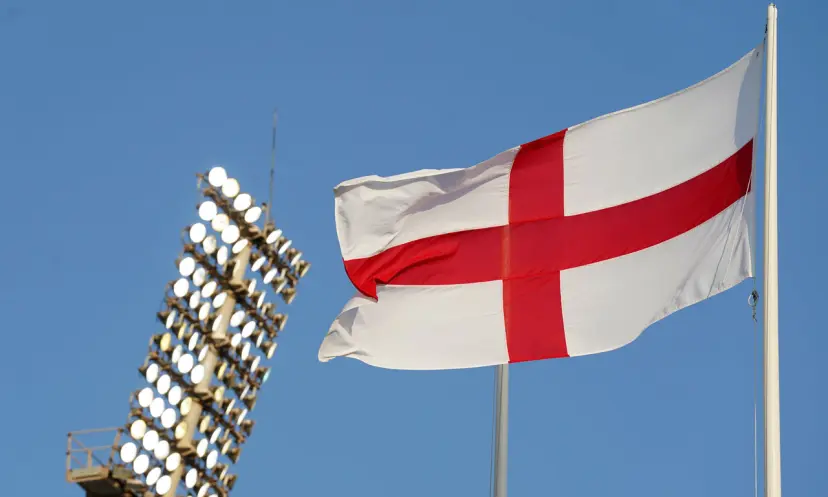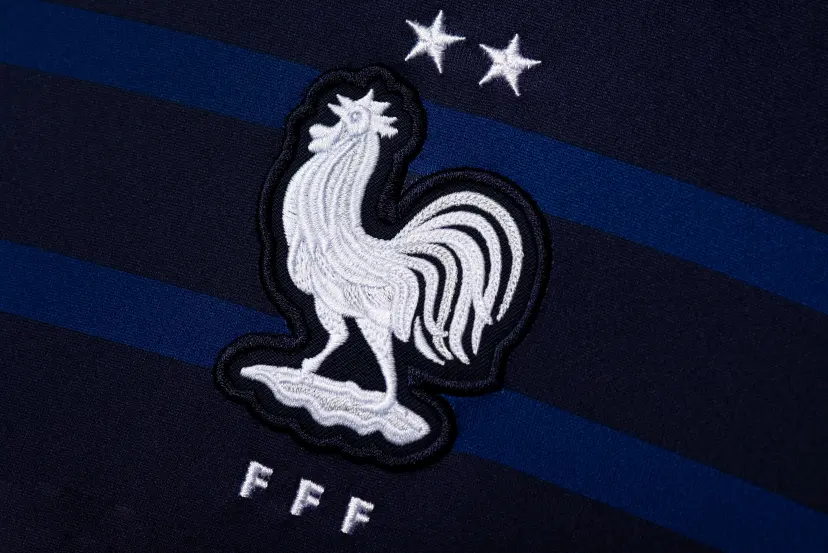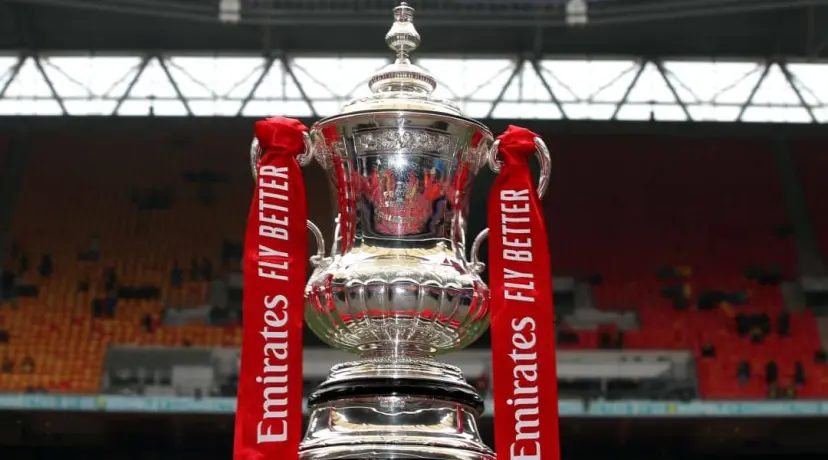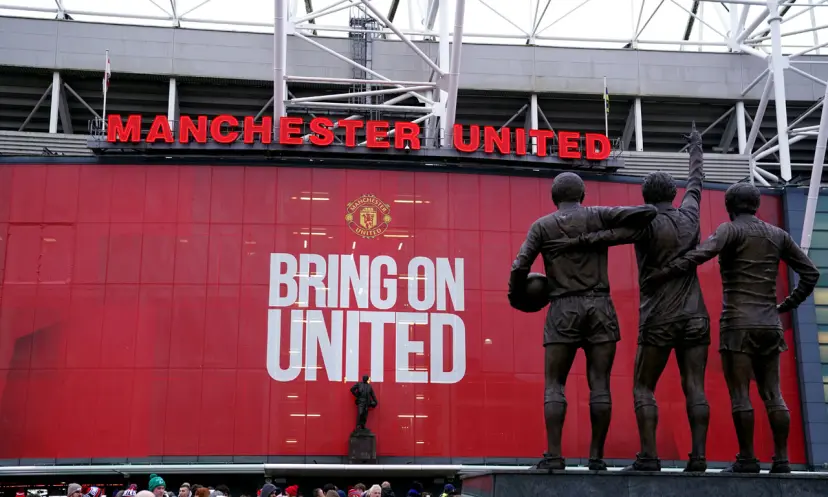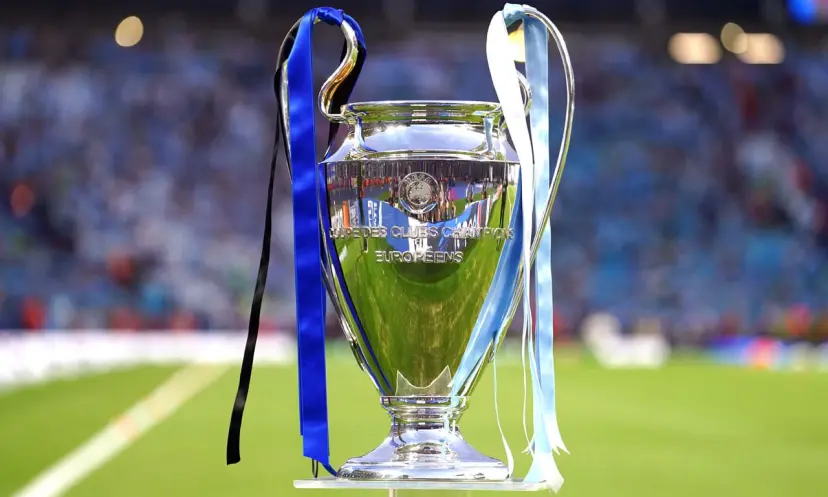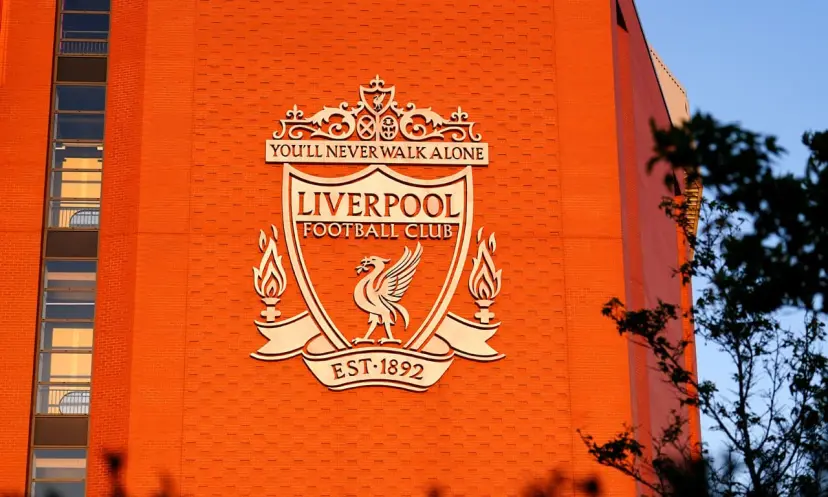Carlo Cudicini talks Gallagher’s perfect Palace loan, Mourinho and Chelsea’s best player this season
Published: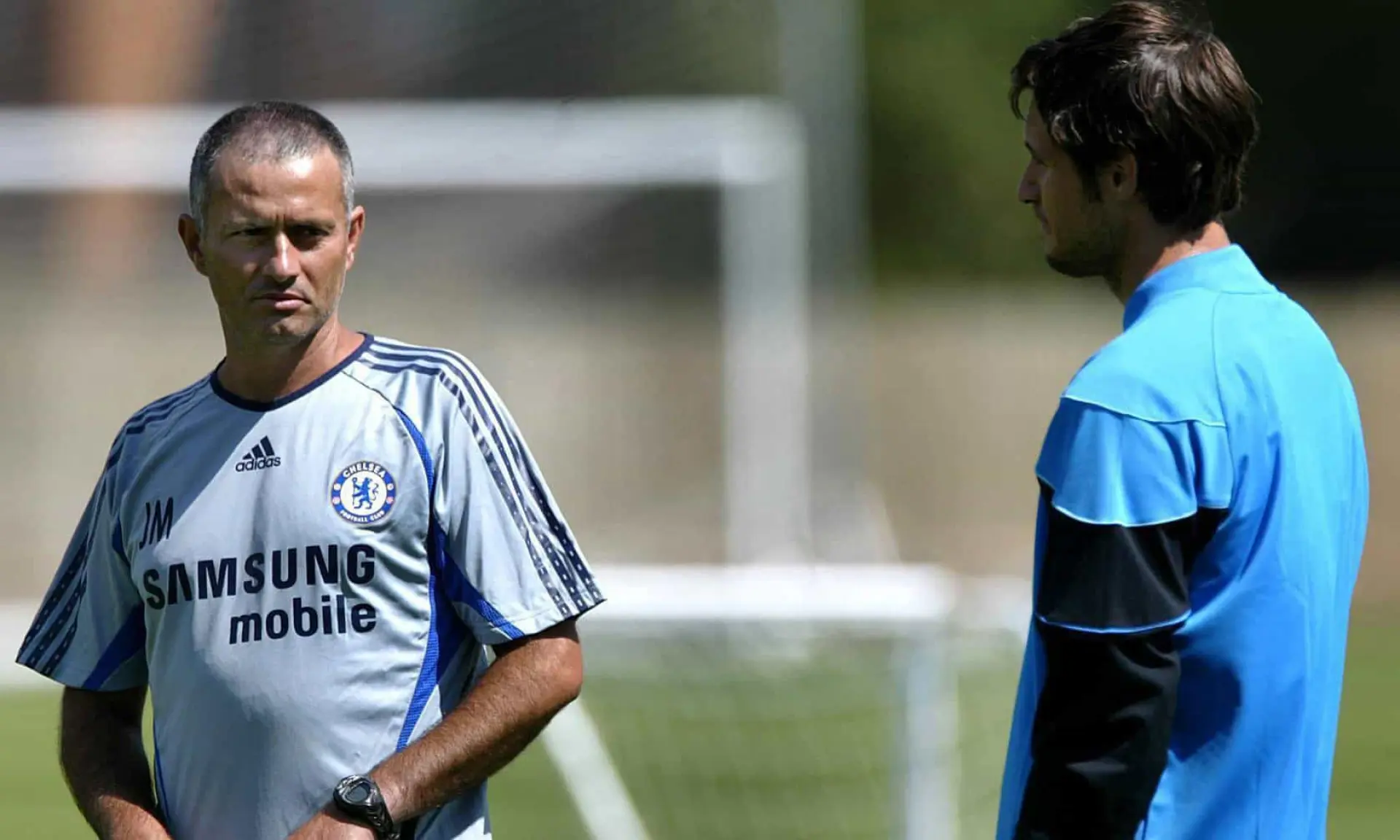
Carlo Cudicini hails Mourinho, says Gallagher perfect fit for Palace
In the second part of our exclusive interview with former Chelsea goalkeeper Carlo Cudicini, now a coach with loan players at Stamford Bridge, the Italian talks about the Blues’ best player this season, Jose Mourinho, John Terry and why Conor Gallagher was allowed to join Crystal Palace on loan.
In part one of our interview ahead of the launch of Sunday’s 5-A-Side-Bet on Aston Villa v Chelsea, Cudicini discussed the Premier League player he feared most of all, that game against Reading in 2006 when he and Petr Cech were both stretchered off, his reason for snubbing England and his thoughts on Tottenham’s Champions League prospects under Antonio Conte.
Chelsea’s player of the season so far
For sure, Mason Mount is also doing extremely well. He was in and out of the team early on in the season but he’s a pivotal part of things right now.
I have to say because he was part of our development phase, Trevoh Chalobah has been my standout player of the season so far for Chelsea. He’s done extremely well and I’m so happy to see him performing so well for the first team. He was a late addition in the pre-season squad this summer and I’ve been working closely with him over the past two years so I’m extremely proud to see him doing so well.
It’s difficult to say exactly what’s going wrong at the moment for Chelsea. One thing that’s clear is that we’ve struggled to keep as many clean sheets as we did at the beginning of the season. It’s something the team has been able to build their recent success on, and – the Wolves game aside – they’ve been conceding quite a few goals lately. So that’s a reason things haven’t gone well of late, but it could also be that there are just so many games at this time of the year and we’ve been hit with some injuries in important positions.
Genius Jose turned spotlight on himself to deflect from us…it’s why we were willing to die for him
Everyone talks about the arrivals that came to Chelsea with Jose Mourinho in 2004, but that team was already very, very good under Claudio Ranieri – it was one of the top teams in the league. Perhaps what we were missing and lacking was that winning mentality, something which Jose brought.
When you have an owner like Roman Abramovich who arrives and is able to spend the amount of money that he did, it’s only normal that everyone else is going to hate you. But on top of that, we were winning. That doesn’t always happen. In football, one plus one isn’t always two. Spending money doesn’t guarantee success, certainly not immediately. The fact that the club invested so much money in players and then went on to be successful is what made the club so easy to dislike for neutral supporters. It was the same for Manchester United when they were winning the league every season. It’s part of sport.
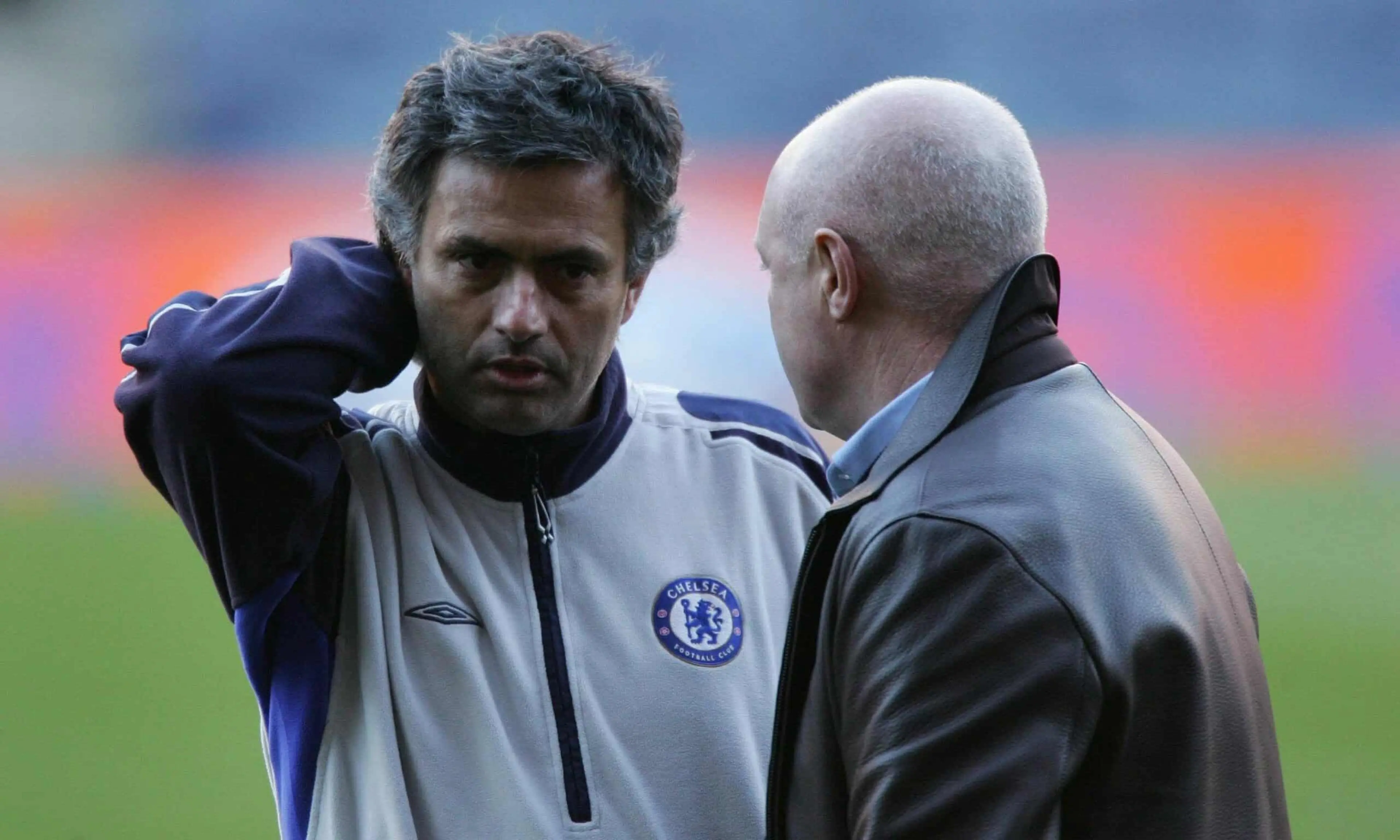
But Jose, and his way of dealing with the media in press conferences, added to that, I’ve no doubt.
What I still find amazing to this day is how much he deflected things in the media. People will look at times and say he makes it all about himself in those press conferences, but in doing that sort of thing, it kept the pressure off us as players whenever we went through bad spells. If we were struggling and things weren’t going so well, Jose was happy to take the spotlight and behind the scenes he was busy working out ways to help us get back to our best.
When you look at all of those factors, the hatred from other teams and supporters, the way Jose was portrayed in the media, all of those things brought us closer together. It helped us, and all of it comes back to Jose. All of us were willing to die for him on the pitch, because he was always protecting us in front of the media. That is something you appreciate in moments of difficulty.
But what you see in press conferences and what you experience behind the scenes are two completely different things, of course. Jose would be the first one behind closed doors to let us know how he was feeling. He would deal with individual players and problems in front of everybody. If he wasn’t happy about something he’d absolutely let us know in the dressing room and on the training pitch – but he would always protect us in the media. That behaviour brought us together, and it made us all really want to work hard for him.
With time, of course, like anything, it wears off a little. He leaves the club and then returns, and by that time you know the person, and you know his ways. But at the time, especially the first time round, it was something new for all of us.
The first time Jose spoke to us, he told us we were going to win the Premier League
Everyone knows what Jose Mourinho is like as a person, as a character – he’s a winner. He’s just got that mentality and it’s what’s made him such a successful mentality.
From the very first time he walked into the dressing room, he knew exactly what he wanted and he told us. He wanted us to be champions, it was as simple as that. He wanted to bring the title to Stamford Bridge in that season, for the first time in 50 years.
His personality, his ego, everything about him, you wanted to be a part of, you wanted to follow. We bought into it from day one and the rest is history.
Jose Mourinho knew how to keep his fringe players happy…I started the FA Cup semi-final against Liverpool and Petr was on the bench
Jose Mourinho always treated me with respect, which is obviously what you want in a relationship between player and manager. That first summer he arrived came with a difficult pre-season for us, but he made an impact straight away. You could see our levels improving in training – he brought a modern way of dealing with things – his methodology and organisation had a big impact on everyone at the club.
Personally I had a tough pre-season. I had an elbow injury which slowed things down, and because I wanted to impress my new boss and keep my place in the team I tried to play through it which ended up being a mistake.
View this post on Instagram
Jose decided to start with Petr Cech and the rest is history, really. Petr became one of the best goalkeepers in the world and was fundamental in all the success the club had. I never had an issue with Jose, though. Obviously it’s upsetting when you’re not starting games, and I had a few chats with him, but he always showed me respect. He knew how to keep his players happy. He would play me at times even when Petr was fully fit, and I think that was both to keep me happy and to keep Petr on his toes, knowing that he always had to be at the top of his game.
He just had a great way of dealing with his players; as I said, I was obviously upset not to be playing week-in, week-out, but he did all of these little things, like allowing me to start ahead of Petr in the FA Cup semi-final – something which was a special moment for me.
How close I came to leaving Chelsea
I think it’s what kept me at the club for so long. For a good two or three seasons I wanted to stay there and compete. I wanted to get my place back. I joined Chelsea in 1999, and I had some great moments with the team. After it had been established that Petr was Jose’s number one, there were different reasons why I decided to stay. The club made me feel like I was an important part of things, I think they liked having someone around who knew the club so well, having been in the dressing room for so many years.
There was interest from other clubs throughout my time at Chelsea, especially around the time of Petr Cech’s arrival – Arsenal was one of the teams we had conversations with. But it didn’t happen and I’m very much into reading into the stars with these sort of things – there’s a reason a move never materialised. For me, losing my place in the team, of course it’s good when you hear that there’s interest in you from other clubs. It’s good for your confidence as a player, especially when you’re upset that you’re not playing.
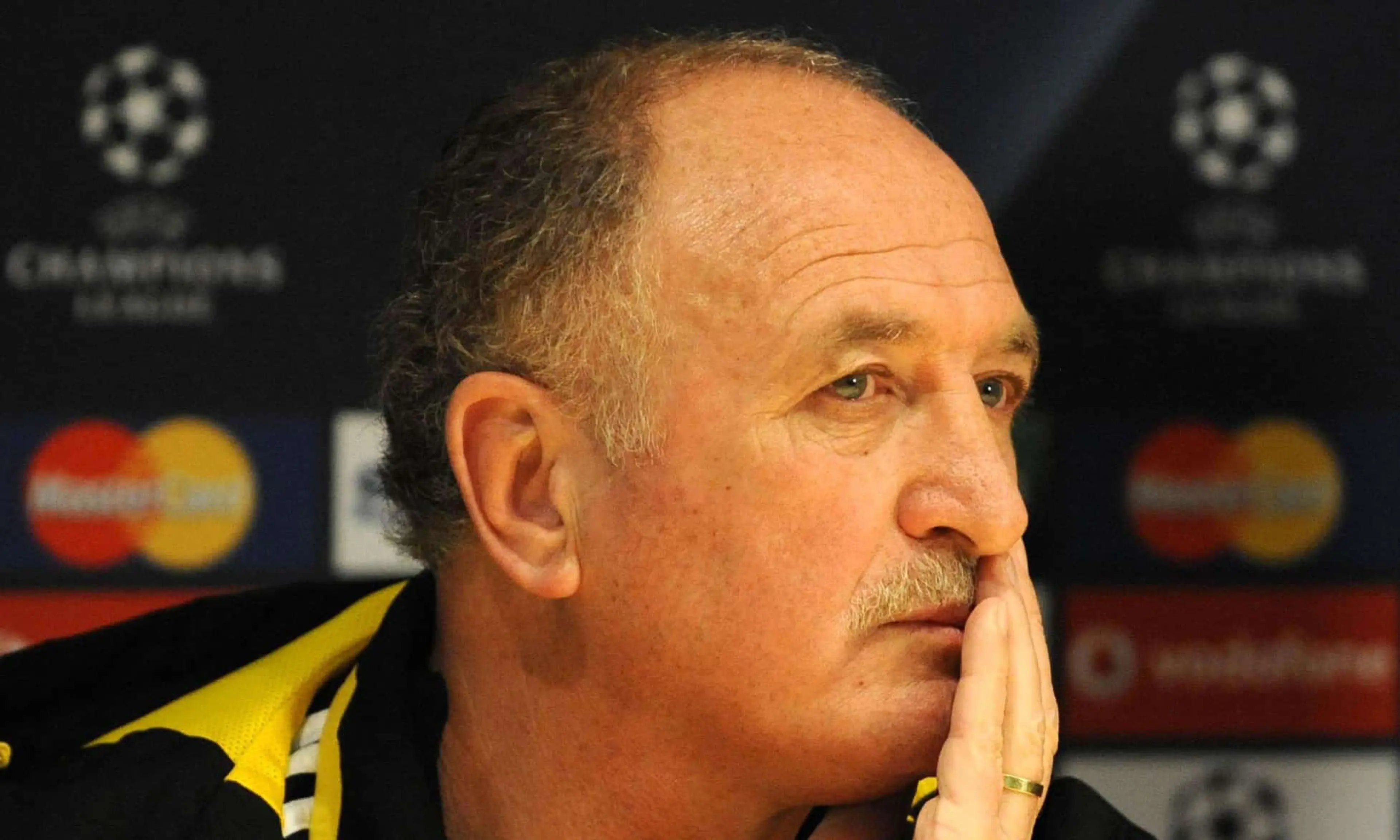
I ended up leaving towards the end of my career because I didn’t get on with the manager at the time, who was Luiz Felipe Scolari. I had a few problems with him, and I came to a point in my contract where the club were reassessing players’ deals at a certain age and I was 35. I remember being told that there would be a new contract for me, but that never arrived. Perhaps it never came because of those problems I had with the manager. The unfortunate thing was that after a week of me leaving, Scolari got sacked, but these things happen in football.
Consoling JT after Moscow 2008, dressing room aftermath and how pain of defeat will never leave me
Watching the 2008 Champions League final from the bench in Moscow was tough, because I knew I had no control over what was happening. I understood my role though, and even with a good record of saving penalties, only in rare occasions do you see goalkeepers substituted before a shootout, so I knew that wasn’t going to happen.
The first guy I went to console was John Terry because he was in tears. He was our captain, and had he scored, he’d have lifted the cup for us. I had a good relationship with JT so I made sure he was the first person I tried to comfort. Petr Cech managed to save one penalty on that night, which is all you can ask from a goalkeeper in that moment. Apart from the fact that we lost the game, there’s not really a lot you can say to Petr after what had happened, because he’d done nothing wrong. JT was the one who needed the support from us.
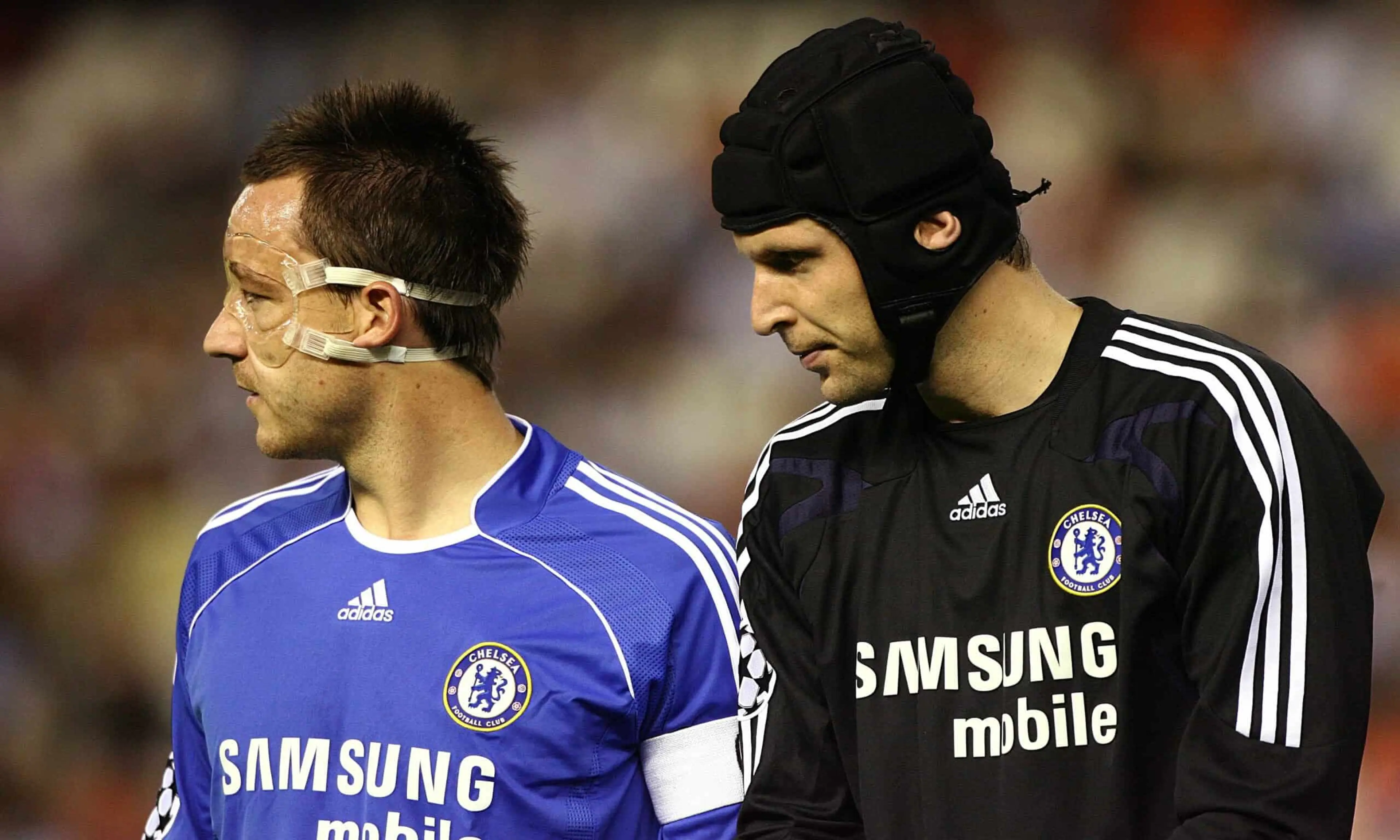
In those circumstances, the dressing room is just silent after the game. It’s not a final where we got battered and were angry with ourselves. There’s nothing you can do or say – we lost on penalties. There’s just a sense of disappointment because we wanted to get our hands on the trophy, especially for our owner because the game was in Moscow. It was a hard result to take, and it led to the dressing room being silent.
I think I can remember JT saying sorry for missing his penalty. It’s one of those moments where no one has the strength to say anything. It’s about picking the right moment when to speak, and tell people that the opportunity will come round again, and that we need to make sure that next time there’s a different outcome. But that moment never came in that dressing room on that night.
You hear some people say it takes them a few days, or even weeks to get over a result like that. But for me, those defeats stay with you forever – especially if you never get the chance to make up for them again. JT, Frank [Lampard] and Petr won it in 2012, so I believe that, while 2008 still hurts them to think about, their pain is softened a little by that victory four years later. But for the guys who don’t get another chance to win it, like myself, the pain never leaves you. I lost another Champions League final earlier on in my career in 1992 with AC Milan. We lost against Marseille – again I was on the bench for that game, so I’ve experienced it twice. Those games will stay with me forever – they’re moments that will never leave me.
Why we chose to let Conor Gallagher go to Crystal Palace over a number of other clubs
We are all extremely happy and proud of the path that Conor Gallagher is currently following, right from his first loan move to Charlton in League One to his step up to the Premier League. He’s a fantastic kid to work with – hard-working, humble, and of course extremely talented.
He’s having a fantastic season and it was a perfect move for him to go to Crystal Palace and work under a manager like Patrick Vieira. Also, what was important this season was finding a club who would play him in the right position; this is exactly the perfect position to highlight his qualities. He’s almost playing as a 10, although he’s part of a three in midfield, but his generosity and willingness to press every ball for 90 minutes has seen him sometimes drop a little deeper than we’d like, but that in itself is an exceptional quality. It’s a characteristic of his personality and we should not restrict him because he’s proving he can offer so much to his team.
What’s important for Conor is to finish the season where he is. That’s why we’ve not put anything in place to recall him next month. It’s the same with Billy Gilmour. I’ve said this many times in the past, but a loan isn’t necessarily only successful if you’re playing every single minute. Sometimes, especially at that age, you learn just as much when you’re not in the team.
I think back to Conor last season at West Bromwich Albion where he had a difficult moment when the manager, Slaven Bilic, was replaced by Sam Allardyce. Conor missed a few games under Allardyce and I had to talk with him and remind him that he should take this as a positive moment, because he’s learning how to deal with these types of situations and managerial changes. You hope to play every minute of every game, but there will be a time where you spend some time on the bench, so why not start to deal with that part of the game now?
With a player as talented as Conor, you’re always going to receive a lot of interest from a number of clubs, both from England and abroad. It was just a matter of understanding what the manager wants from him, and then it’s about picking the right club – and we feel Crystal Palace is exactly that.
